The Top 5 Best Ways to Increase Your Autoflower Cannabis Yield
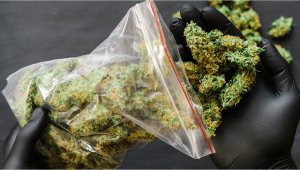
- 1. Get a bigger pot
- 2. Use high-quality soil
- 3. Nutrition
- 4. Use hydroponics
- 5. Use more light
- 6. Training (for pros only)
How do I grow something that big? A lot of growers see our pictures on social media and are blown away by the size and yield of the monster autoflowers on display. How do they do it? Well, we're here to run down five simple things you can do to ensure your next harvest is a bumper crop. While you're here don't forget to check out The Top 5 Best Yielding Autoflower Strains.
1. Get a bigger pot
The size of a marijuana plant above ground is directly related to its size below ground. The root system of cannabis is every bit as important to its health, and your yield, as the bushy tree you see above.
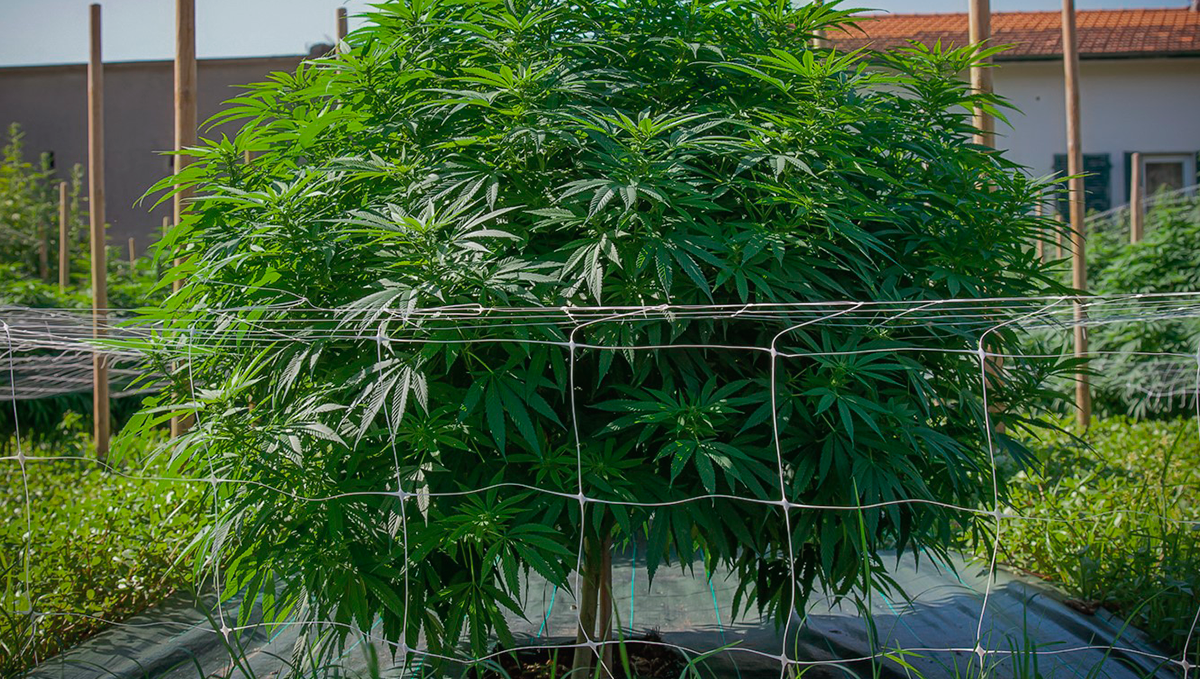
The more room this system has to grow, the larger the plant will get. That means that the easiest trick to increasing your yield is simply to grow in a larger pot possible. Depending on the height of their tent, indoor growers will want to choose their pot more conservatively. Selecting too large a pot can lead to the plant overgrowing its tent.
2. Use high-quality soil
A cannabis seed is a machine that turns dirt into weed. The quality of the soil in its pot is directly related to the health of your plant, and ultimately the size of your harvest. You can't just go to the garden center at your local big box store and pick up whatever dirt you find. High-quality soil is essential for high-quality weed, and you'll want to select it carefully.
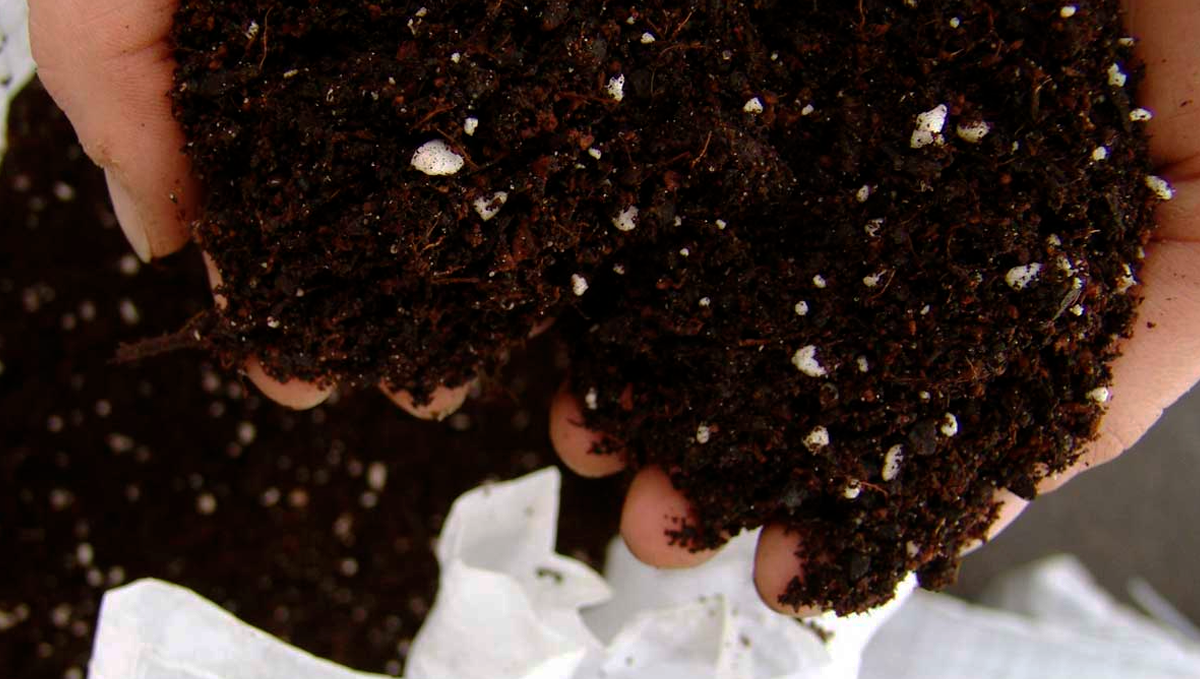
For beginners, you can't go wrong with a 50/50 mix of high-quality soil of your choice with coco choir. More advanced growers might want to try growing with other mediums.
3. Nutrition
High-quality soil is necessary, but sometimes it's not enough. Your plants will need particular nutrients during their growth to reach their maximum potential. With a bit of care and some good luck, you may find that your soil has everything the plant needs, but sometimes that's not enough.
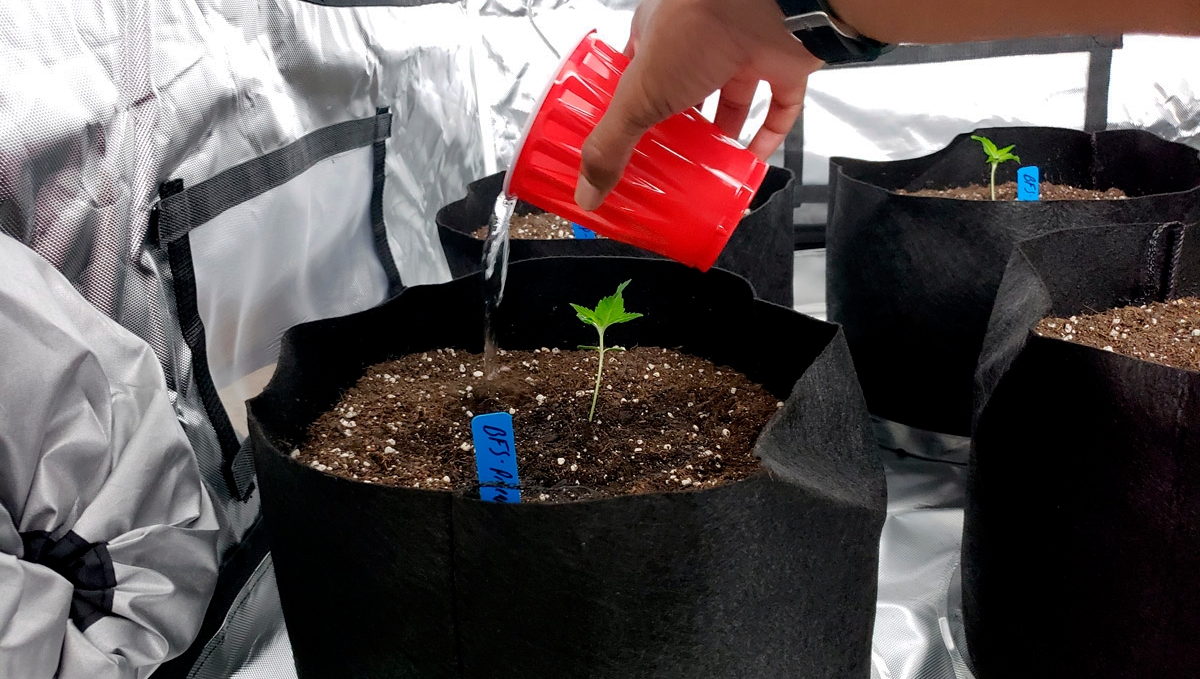
When this happens, we suggest investing in some high-quality plant nutrients. We can't make any brand recommendations, but we can let you know that autoflowers tend to be very voracious eaters, and the most common nutritional deficiencies are calcium and magnesium.
4. Use Hydroponics
One of the easiest and most effective ways to increase your yield potential is to scrap the soil altogether and switch your cultivation style over to hydro. Hydroponics comes with a range of benefits, but if larger yields are your number one goal then there is really no better way to ensure you get the biggest, juiciest nuggets every single grow. Hydroponic cultivation methods guarantee the largest yields through a range of processes. First up, by removing the soil and growing the roots directly in a nutrient-rich solution, you take full control of their entire nutritional intake.
This allows you to provide your plants with the exact levels of all essential nutrients, as well as give them access to higher concentrations, increasing the bioavailability of each and every one. This means that your plants can draw more energy to fuel their growth, resulting in larger yields. You also have total command over the pH range that the roots are exposed to. This means that, as long as you keep the nutrient solution in the correct pH range, you will never run the risk of causing nutrient lockout or other associated issues.
There there's the fact that hydro systems come with much higher levels of root zone oxygenation than pure soil options. This allows for much faster growth rates, and increased levels of vigor, both of which directly correlate with bigger yields. Finally, you can also employ automated systems to streamline the process and constantly offer your crop the perfect amount of nutrients, allowing for optimized growth rates. This also takes away a bunch of the admin, and means that you can get on with enjoying your grow without any stress or worry about having to tend to the crop day in and out.
So if big yields are what you dream of, get rid of the soil and start looking into hydroponic setups. Organically grown weed may have a slightly more rich and varied terpene profile, but in terms of sheer yield potential, there's really no better way than hydro.
5. Use more light
Autoflowers will bloom regardless of what light schedule you keep them on, so there's no reason to limit how much light they receive. Growers report having excellent results, on a program of 20 hours of light and 4 of darkness.
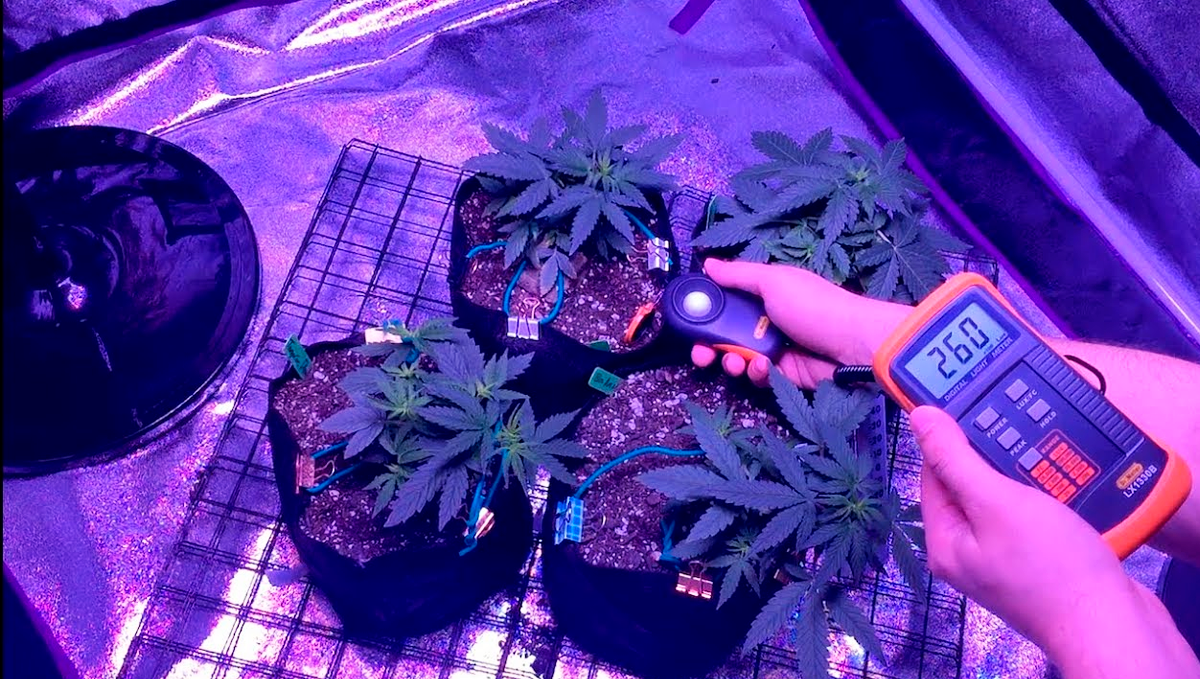
A few enterprising cultivators swear by 24-hour lighting. Light, it's what plants crave. So don't skimp on it!
6. Training (For pros only)
Experienced growers can significantly boost the size of their harvests by training their plants. How do you train a pot plant? Well, it depends on the type of training. One of the most popular is called 'topping' and involves cutting off a tiny bit of the top of the plant to encourage growth on the lower branches. This results in a short plant with many massive colas that can all receive illumination from the grow light above. Other training options include: Fimming, which is a less aggressive alternative topping; defoliation, or cutting the leaves of the plant to force more nutrients into the flowers; tie-down, where the young plant is held to the ground with stakes, forcing it to grow horizontally.
Growers can use any combination of these or other techniques to grow a plant with the perfect size and shape but be warned this can backfire. Inexperienced growers are often too aggressive with training. In traditional photoperiod cannabis, this isn't a problem as the plant can be left to recover and veg indefinitely, and the grower will only allow flowering once all damage heals. In contrast, autoflowers, flower well, automatically, meaning any injury received in training might not fully recover before flowering and damage yield in the process.
For this reason, Fast Buds official company line is that you shouldn't train autos with HST techniques, but growers are rebels by nature and do it anyway. We wouldn't have it any other way. Fimming and topping are both forms of HST (High-Stress Training). HST covers any form of training that involves injuring the plant in hopes of the plant regrowing in a beneficial way. There is another form of training that we do suggest for Autos, though…LST (Low-Stress Training) uses techniques that are designed to promote lateral growth without hurting the plant or stunting growth.
LST is performed by carefully bending the plant and then tying it down to keep the canopy at one level. You can use twine to tie the plant down but in general, we recommend heading to your local garden center and picking up some soft gardening ties. These reduce the likelihood of the stems or branches being damaged. The tie-down method tricks the plant into thinking that the main cola has been cut, and forces it into sending the growth hormones and nutrients evenly to all the budding sites instead of focusing on the main cola. This type of training (when done correctly and with caution) will not damage the plant and will hopefully not stunt the growth period as HST techniques do. Tying down can be combined with the SCROG technique for maximum yield and potency benefits.
These five tips apply to our entire strain catalog. What are you waiting for, click that link and Enjoy Growing Fast!
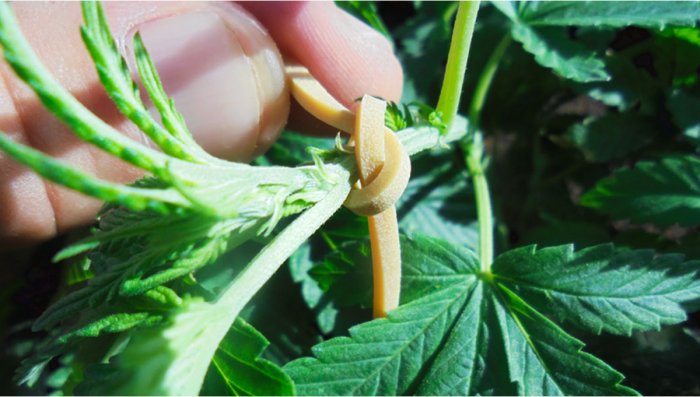
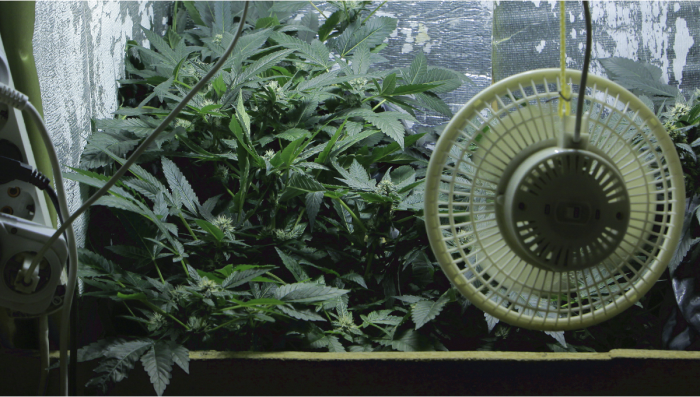
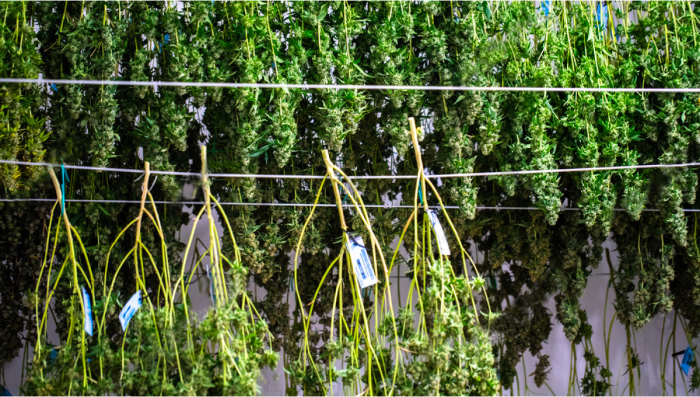







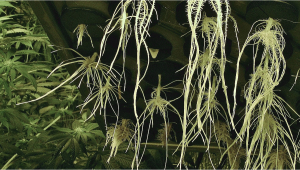
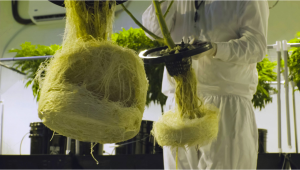
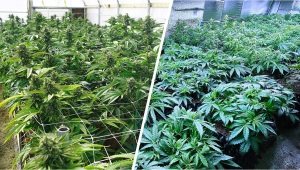
Comments